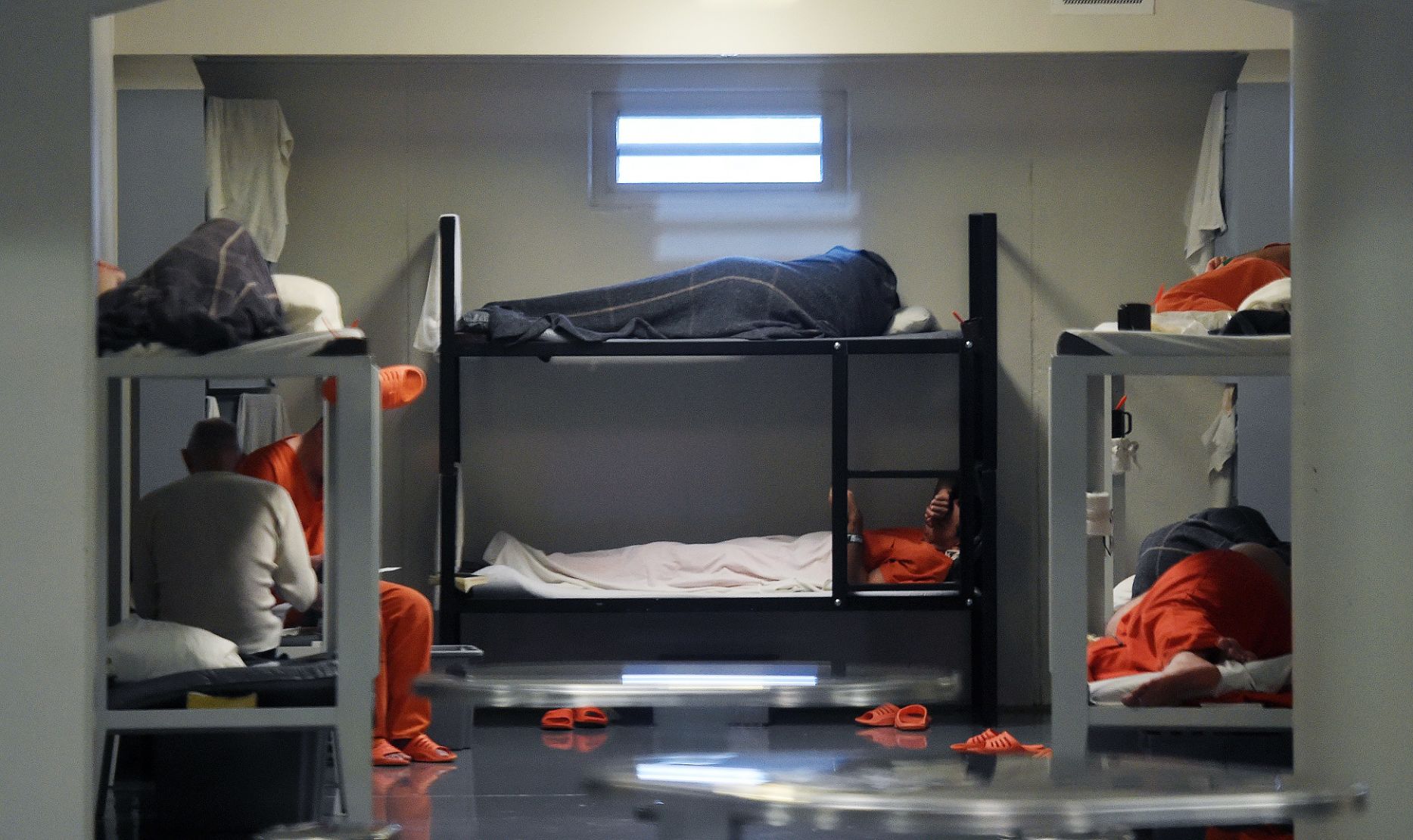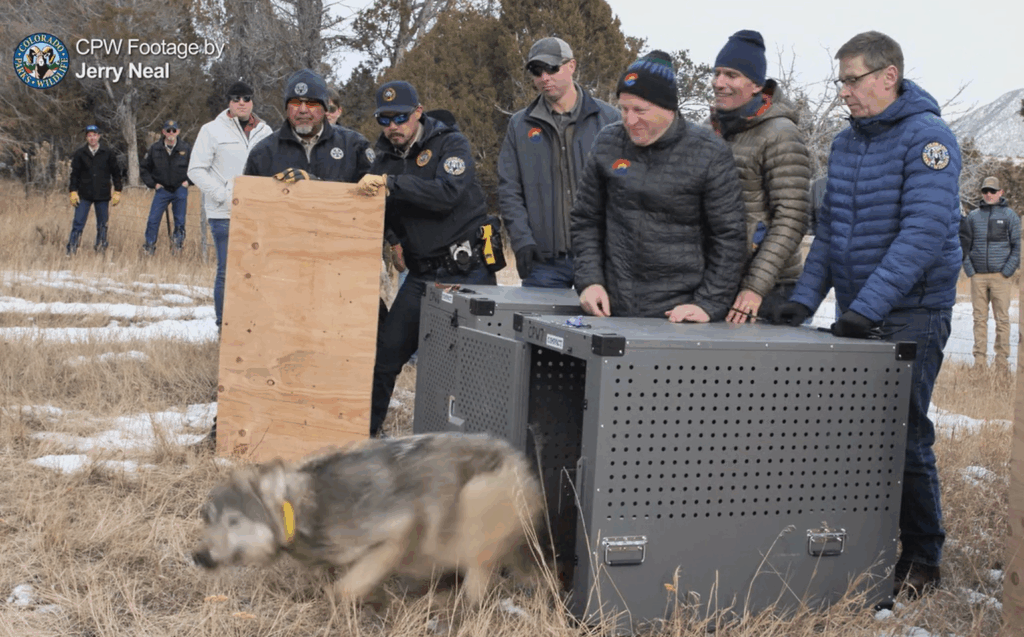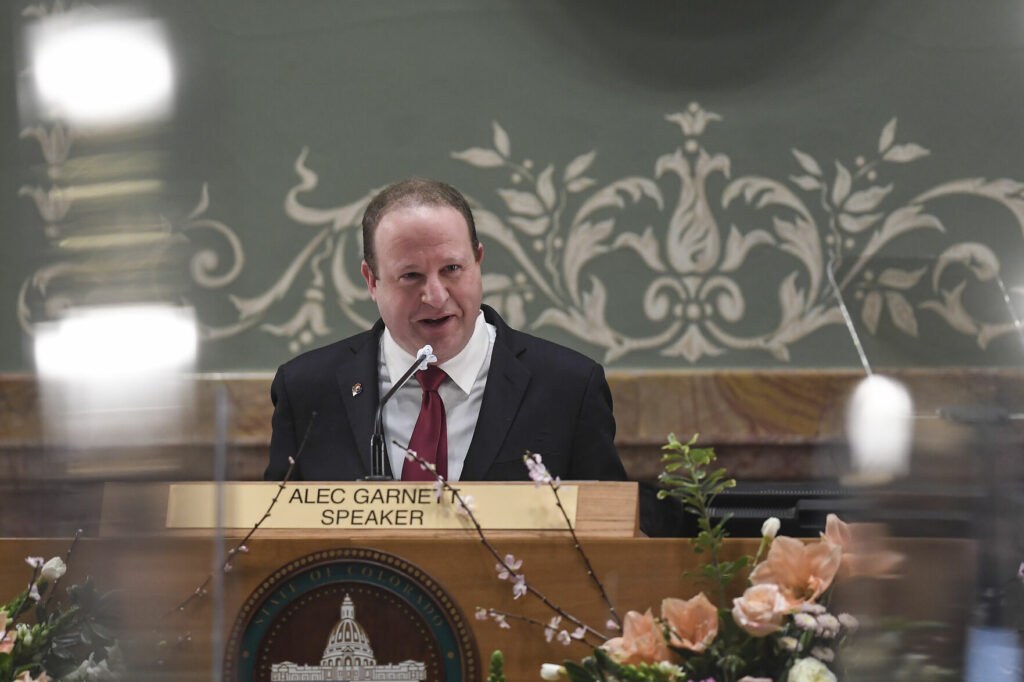Colorado Senate OKs bill to automatically seal non-violent criminal records

More than one million Coloradans with non-violent criminal records could have their records automatically sealed under a bill passed by the state Senate on Wednesday.
If enacted, Senate Bill 99 would implement an automatic sealing process for non-violent criminal records. This would apply to those who are eligible to request record sealing under the current system, meaning they have finished their sentence, completed a required waiting period and have not committed another criminal offense.
Senators passed the bill – dubbed the Clean Slate Act – in a 33-1 vote, sending it to the House of Representatives for consideration in the coming weeks. Only Sen. Jim Smallwood, R-Parker, voted against the bill without comment.
“Holding people back from securing work and housing because of old records is extremely costly and fiscally irresponsible,” said bill sponsor Sen. Dennis Hisey, R-Colorado Springs, during a committee meeting.
The bipartisan-sponsored bill was championed as a way to increase Colorado’s workforce by removing a barrier to employment, education and housing for residents with criminal records. This comes as Colorado and the rest of the nation are experiencing a pandemic-induced labor shortage. In July 2021, 7.7% of jobs in Colorado were unfilled – an all-time high for the state, according to the U.S. Bureau of Labor Statistics.
Around 1.125 million Coloradans with criminal records are eligible to apply for sealing but have not, according to state estimates. Bill supporters said many don’t pursue record sealing because the current process is difficult and expensive, involving filing a petition with the court and paying a fee. Under the bill, those Coloradans could have their records sealed without taking any action.
The bill would also prohibit employment and housing discrimination based on the contents of a sealed criminal record.
Nearly three dozen local businesses are backing the bill, including Goodwill, Home Depot, JPMorgan Chase and the fair-chance employment platform Honest Jobs. Honest Jobs founder Harley Blakeman said he was forced into homelessness at 16 years old and briefly went to prison for a non-violent drug charge – a record that often overshadows his honors graduation from Ohio State University’s business school only five years later.
“I graduated unemployed top of my class. Four months after graduation, I was being rejected for assistant manager positions at fried chicken restaurants,” Blakeman said during a press conference in support of the bill. “This follows you and there’s nothing you can do about it.”
Supporters of the bill also argue that automatic record sealing would lower crime. They cited a 2020 Harvard Law Review study which concluded that people who have gotten their criminal records sealed or expunged are less likely to reoffend and pose a lower crime risk than the general population.
Under the bill, district attorneys could object to automatic record sealing for non-drug felonies by filing notice to a court. The court could deny record sealing based on a victim’s concern or a media outlet’s need to access records.














